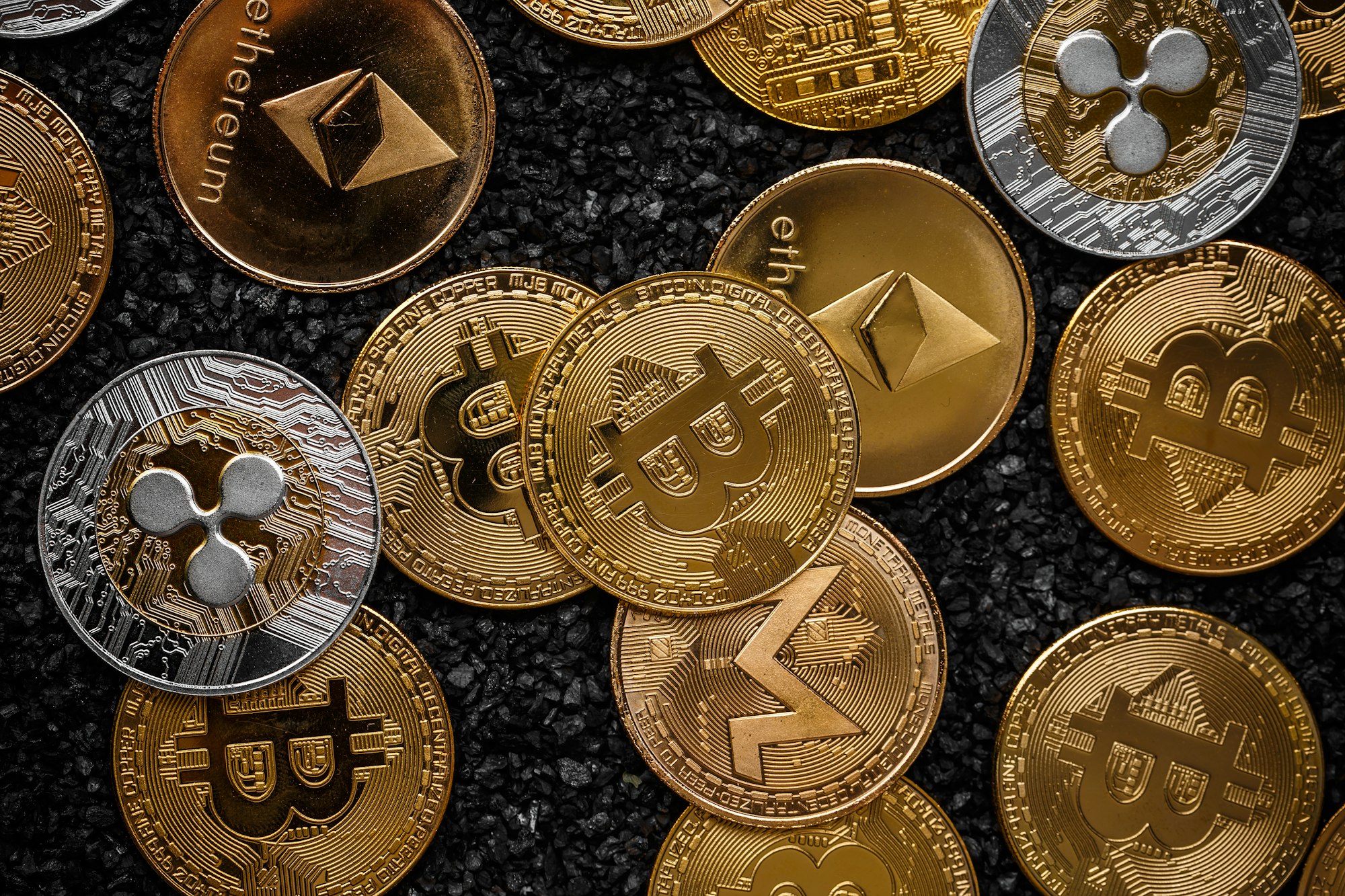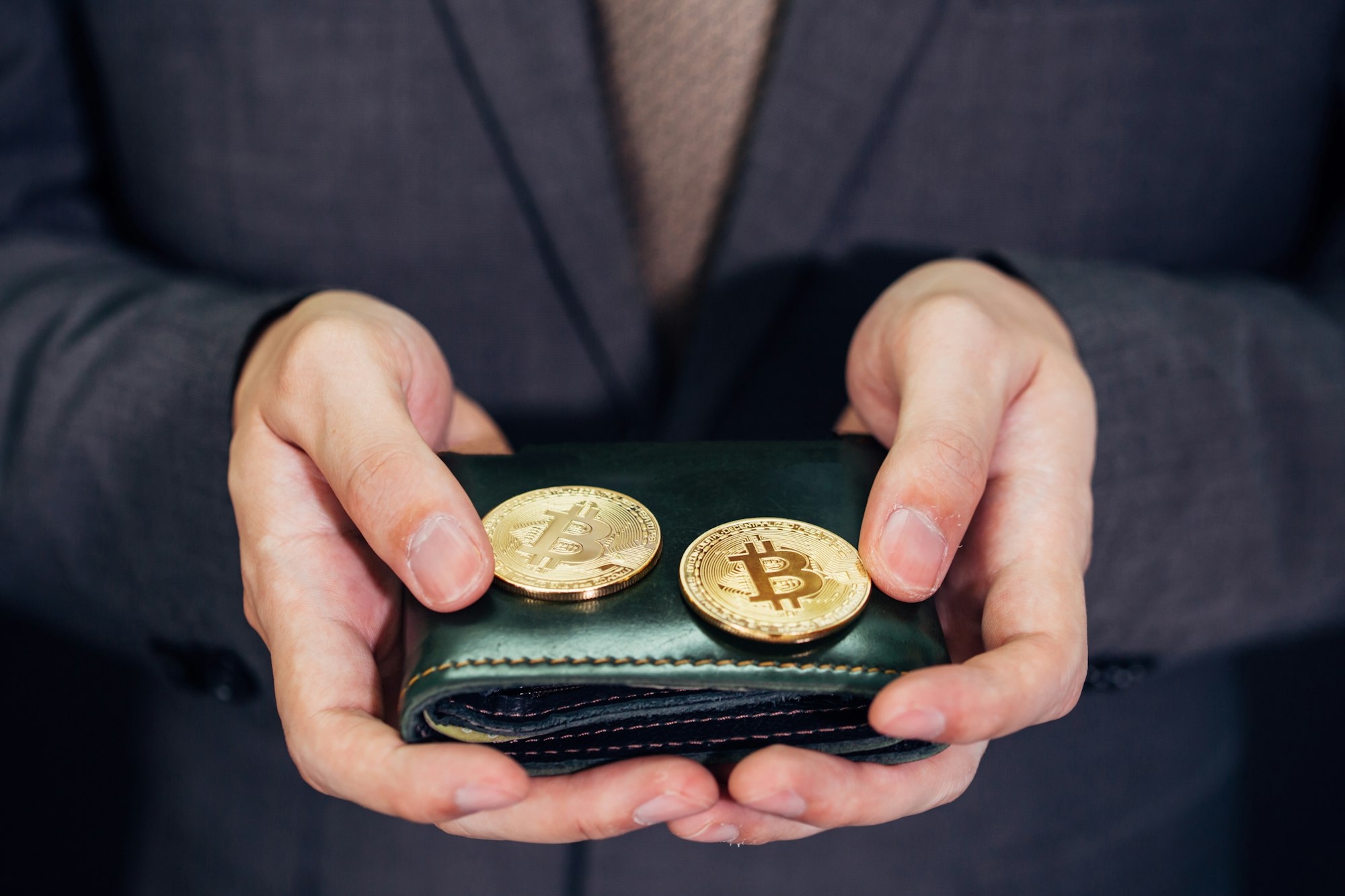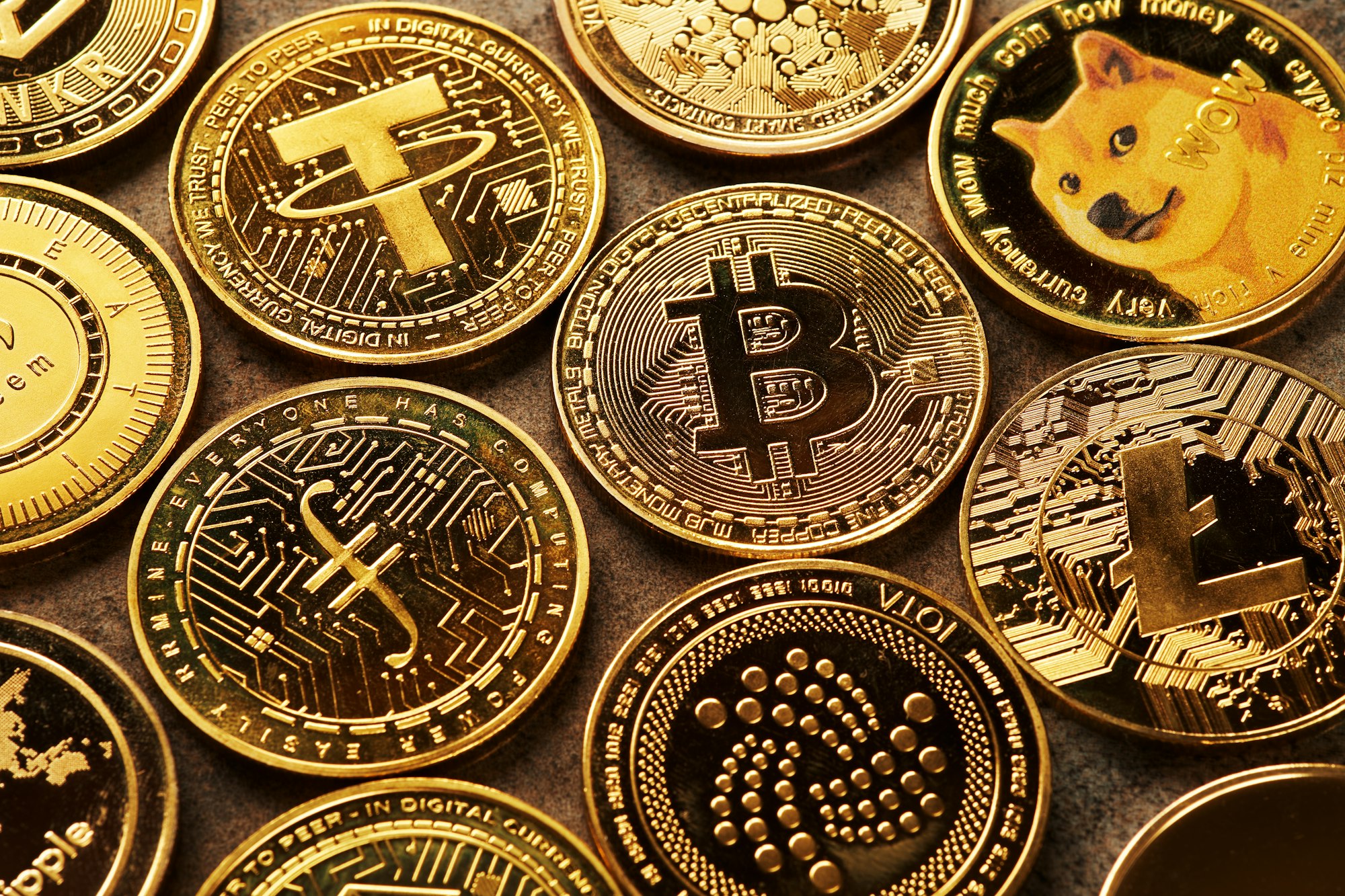In the world of cryptocurrency, ensuring the safety and security of your digital assets is paramount. With the rise of crypto-related scams and hacking incidents, it is crucial to adopt best practices and utilize secure methods to store and protect your cryptocurrency investments.
How to Safely Store Your Cryptocurrency
When it comes to storing your cryptocurrency, selecting the right wallet is the first step towards safeguarding your funds. A crypto wallet is a digital tool used to store, send, and receive cryptocurrencies such as Bitcoin. Choosing the appropriate type of wallet is essential to keep your crypto safe and secure.
1. Use Secure Wallets
The first step in safeguarding your cryptocurrency is choosing the right wallet. There are several types of wallets, each with varying levels of security:
- Hardware Wallets: These are physical devices designed to store your private keys offline. Popular options include Ledger and Trezor. Hardware wallets are considered the most secure method for storing cryptocurrencies, as they are immune to online hacking attempts.
- Software Wallets: These are applications or programs that you can install on your computer or smartphone. While convenient, they are more vulnerable to malware and hacking. Examples include Exodus and Electrum.
- Paper Wallets: These are physical printouts of your private and public keys. They are secure from online threats but can be easily damaged or lost.
2. Enable Two-Factor Authentication (2FA)
Two-Factor Authentication (2FA) adds an extra layer of security to your accounts by requiring two forms of verification before access is granted. Most cryptocurrency exchanges and wallet services support 2FA, typically using an authentication app like Google Authenticator or Authy. Enabling 2FA helps protect your account even if your password is compromised.
3. Keep Your Private Keys Private
Your private keys are the most crucial part of your cryptocurrency security. They grant access to your funds, so it’s essential to keep them confidential:
- Never Share Your Private Keys: Avoid sharing your private keys with anyone, including support staff or friends. Genuine services will never ask for them.
- Store Them Securely: Use encrypted storage methods for your private keys and avoid storing them in plain text on your devices.
4. Beware of Phishing Scams
Phishing scams are designed to trick you into revealing sensitive information, such as your private keys or login credentials. To protect yourself:
- Verify URLs: Ensure you are visiting the official website of your exchange or wallet provider. Look for secure connections (HTTPS) and double-check URLs.
- Be Cautious with Emails: Avoid clicking on links or downloading attachments from unsolicited emails. Always verify the source before providing any information.
5. Regularly Update Your Software
Keeping your software up to date is vital for maintaining security. This includes:
- Wallet Software: Ensure your wallet software is the latest version to benefit from security patches and improvements.
- Operating Systems and Applications: Regular updates to your computer or smartphone’s operating system and applications help protect against vulnerabilities that could be exploited by hackers.
6. Use Strong and Unique Passwords
Strong, unique passwords are crucial for protecting your cryptocurrency accounts. Follow these guidelines:
- Create Complex Passwords: Use a combination of letters, numbers, and special characters. Avoid common words or easily guessable information.
- Use a Password Manager: Consider using a password manager to generate and store complex passwords securely.
7. Be Cautious with Public Wi-Fi
Public Wi-Fi networks can be insecure and susceptible to interception. To protect your cryptocurrency transactions:
- Avoid Using Public Wi-Fi for Transactions: Refrain from accessing your cryptocurrency accounts or making transactions over public Wi-Fi.
- Use a VPN: If you must use public Wi-Fi, ensure you have a reliable Virtual Private Network (VPN) to encrypt your internet connection.
8. Backup Your Wallet
Regular backups of your wallet ensure that you can recover your funds in case of loss or damage:
- Create Multiple Backups: Store backups in different locations to reduce the risk of losing access due to physical damage or theft.
- Use Encrypted Storage: Encrypt your backup files and store them in secure locations.
9. Monitor Your Accounts Regularly
Regular monitoring helps you detect any suspicious activity early:
- Check Transaction History: Regularly review your transaction history for any unauthorized transactions.
- Set Up Alerts: Many services offer transaction alerts to notify you of any activity in your accounts.
10. Stay Informed About Security Practices
The world of cryptocurrency is constantly evolving, and so are security threats. Stay informed about the latest security practices and potential risks by:
- Following Security Blogs: Subscribe to blogs and news sources focused on cryptocurrency security.
- Joining Community Forums: Engage with cryptocurrency communities to learn about emerging threats and best practices.
Choosing the Right Wallet for Your Crypto
There are various types of wallets available, including hardware wallets, mobile wallets, and paper wallets. Each type offers different levels of security and convenience, so it is crucial to select a wallet that aligns with your needs and preferences.
Best Practices for Storing Your Cryptocurrency
Implementing best practices such as enabling two-factor authentication, regularly updating your wallet software, and keeping backups of your private keys can further enhance the security of your crypto holdings.
The Safest Way to Store Your Crypto
For the safest storage option, consider using a hardware wallet, which stores your private keys offline and ensures that your crypto assets are protected from online threats such as hackers.
Types of Wallets for Storing Cryptocurrency
When it comes to choosing a wallet for your cryptocurrency, understanding the differences between hot wallets and cold wallets is essential. Hot wallets are connected to the internet, making them more vulnerable to cyber attacks, while cold wallets store your crypto offline, providing an added layer of security.
Overview of Cold Wallets and Their Security Benefits
Cold wallets, such as hardware wallets and paper wallets, offer a secure way to store your cryptocurrency offline, away from potential online threats. By keeping your private keys offline, you reduce the risk of unauthorized access to your funds.
Differences Between Hot Wallets and Cold Wallets
Hot wallets, like mobile or online wallets, are suitable for making transactions on the go but are less secure compared to cold wallets. Cold wallets, on the other hand, are ideal for long-term storage of large amounts of crypto due to their enhanced security features.
How to Use Hardware Wallets to Keep Your Crypto Safe
Hardware wallets, which are physical devices that securely store your private keys, provide an additional layer of protection for your crypto assets. By keeping your keys offline and away from potential threats, hardware wallets are considered one of the safest ways to store crypto.
Security Risks Associated with Crypto Exchanges
While crypto exchanges provide a platform to buy, sell, and trade various cryptocurrencies, storing your funds on an exchange poses certain risks. Understanding these risks and taking necessary precautions can help safeguard your crypto holdings.
Understanding the Risks of Storing Crypto on Exchanges
Storing your crypto on an exchange means that you are entrusting a third party with the security of your funds. In the event of a security breach or hack, your crypto holdings could be at risk of theft or loss.
Tips for Protecting Your Crypto on Exchanges
To enhance the security of your crypto on exchanges, consider enabling security features such as two-factor authentication, setting up withdrawal limits, and using separate accounts for trading and storage purposes.
How to Safely Conduct Crypto Transactions on Exchanges
When making transactions on exchanges, double-check the wallet addresses, ensure the website is secure, and avoid sharing sensitive information to minimize the risk of falling victim to phishing attempts or fraudulent activities.
Protecting Your Private Keys and Addresses
Your private key is essentially the key to accessing and managing your crypto assets. Safeguarding your private key and wallet address is crucial to prevent unauthorized access and potential theft of your funds.
The Importance of Securing Your Private Key
Your private key serves as the digital signature that allows you to make transactions and access your crypto holdings. Keep your private key secure and avoid sharing it with anyone to protect your funds.
How to Safeguard Your Wallet Address
Your wallet address acts as the destination for receiving crypto payments. While wallet addresses are public and can be shared, it is essential to exercise caution and avoid sharing sensitive information that could compromise the security of your funds.
Security Features to Look for in a Crypto Wallet
When choosing a crypto wallet, look for features such as multi-signature support, encryption, and biometric authentication to enhance the security of your funds. These features can help protect your crypto assets from unauthorized access.
Common Crypto Scams and How to Avoid Them
As the popularity of cryptocurrencies continues to rise, so do the prevalence of scams targeting crypto users. Being aware of common scams and taking proactive measures can help you avoid falling victim to fraudulent schemes.
Recognizing Phishing Scams Targeting Crypto Users
Phishing scams typically involve fraudulent emails or websites that mimic legitimate platforms to trick users into sharing their sensitive information. Be cautious of unsolicited emails and always verify the authenticity of websites before providing any personal details.
Steps to Take to Prevent Falling Victim to Investment Scams
Investment scams often promise unrealistic returns or require you to send your crypto to unknown wallets. Exercise due diligence, research investment opportunities thoroughly, and avoid schemes that sound too good to be true to protect your funds.
Protecting Your Crypto from Hacker Attacks and Frauds
To safeguard your crypto from hacker attacks and fraudulent activities, avoid using public Wi-Fi for crypto transactions, keep your software up to date, and utilize security features such as VPNs and firewalls to strengthen your defenses against potential threats.
Conclusion
In conclusion, safeguarding your cryptocurrency is essential to protect your investments and ensure their longevity. Whether you’re dealing with a particular cryptocurrency like Bitcoin or Ethereum, or investing in a small amount of crypto, adopting best security practices is crucial. Storing your crypto safely involves using a secure wallet to store cryptocurrency and keeping your funds safe from hackers. This means learning how to store your assets securely, whether it’s through hardware wallets, digital wallets, or other types of crypto storage.
Keeping your cryptocurrency safe also means understanding the security risks associated with cryptocurrency and implementing measures to mitigate them. For crypto investors, this includes withdrawing your crypto from exchanges, using strong passwords, and enabling two-factor authentication. Additionally, regularly backing up your wallet and keeping your crypto offline can help protect your assets from potential theft.
By following these guidelines and remaining vigilant, you can minimize the risk of losing your crypto and ensure that your investments are protected. Whether you’re new to crypto or a seasoned investor, knowing how to securely store and manage your crypto assets will help you navigate the complex world of cryptocurrency safely and confidently.





